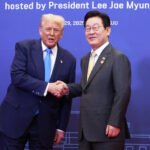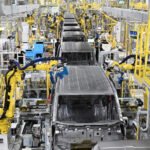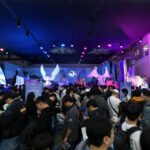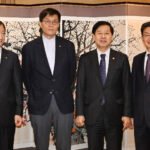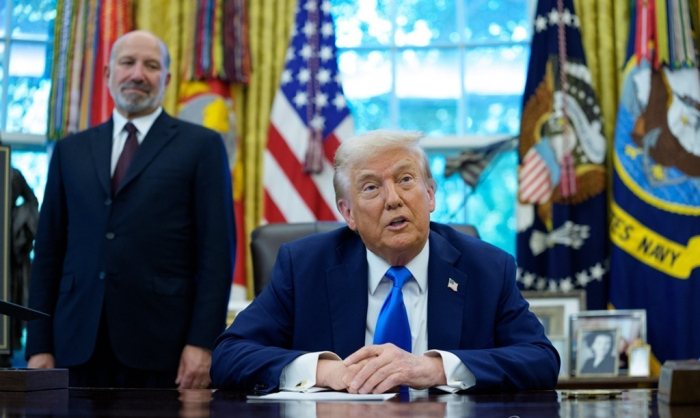
Donald Trump has said South Korea’s pledge to invest $350 billion in the US under a bilateral trade accord must be paid “up front,” as tensions rise over the structure of the deal, while Washington signals it could push Seoul for even more.
Speaking at the White House on Thursday after signing an executive order on TikTok, the US president said the Korean commitment is part of a broader realignment of bilateral trade relationships.
“We’ve never been treated properly by other countries, but now we’re doing very well. We’ve never done this well before,” he said.
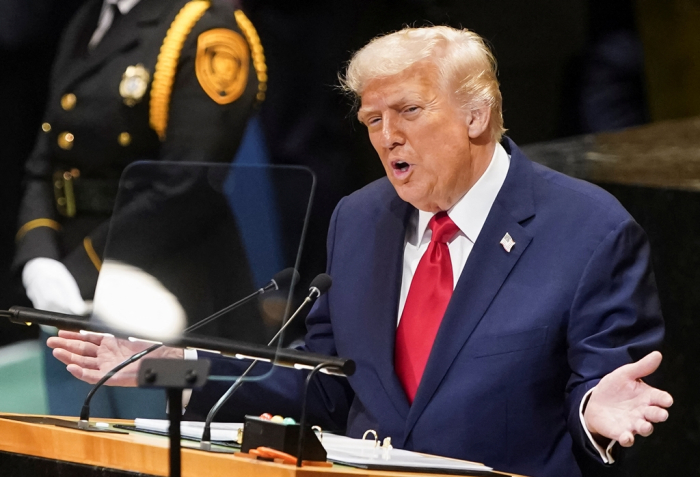
Citing trade deals with Europe, Japan and South Korea, Trump said the US had secured payments that had previously never been made.
“From one case, we’re getting $950 billion. In Japan, the figure is $550 billion. South Korea is $350 billion. That’s up front,” he said. The $950 billion reference appeared to be directed at the European Union.
TUSSLE COULD DERAIL KOREA’S US INVESTMENT PLANS
The US president’s comments come as negotiators struggle to finalize the structure of Korea’s $350 billion investment package, following a provisional agreement reached by the two sides in July.
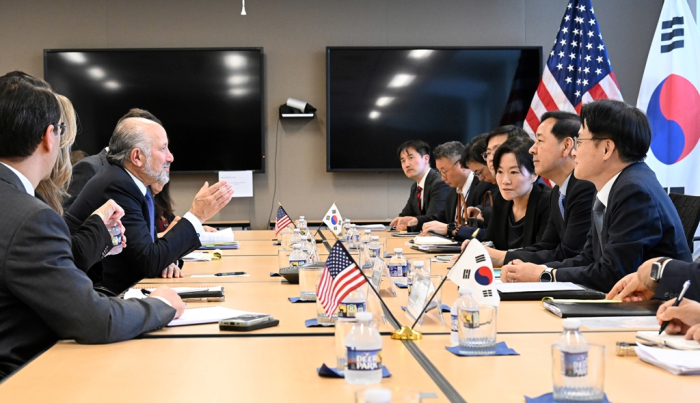
Under the deal, Washington agreed to reduce reciprocal and auto tariffs on Korea to 15% from 25% in exchange for Seoul delivering a major investment package in the US.
Officials in Seoul want to minimize direct equity commitments, preferring loan guarantees and indirect financing.
Washington, however, has pressed for a Japan-style agreement, under which much of the investment comes in cash equity, with US authorities deciding where to deploy the funds and retaining the lion’s share of returns.
Korean government officials have warned that such an arrangement would impose significant foreign exchange risks and have called for a bilateral currency swap as part of any final agreement to protect Korea’s financial market.
Korean Prime Minister Kim Min-seok said in a recent interview with Bloomberg News that unresolved visa disputes and currency swap issues with Washington could derail tens of billions of dollars in Korean corporate investments in the US.
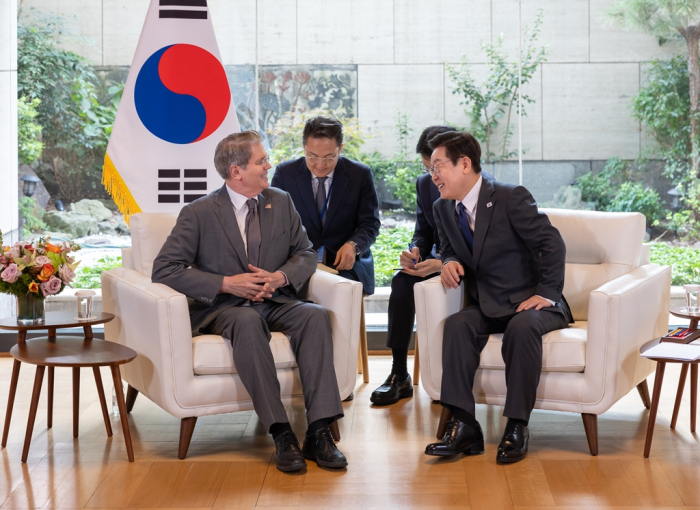
WHITE HOUSE MOVING THE ‘GOAL POSTS’
The dispute has intensified after the Wall Street Journal reported that Howard Lutnick, the US commerce secretary, has urged Seoul to increase the headline figure above the $350 billion agreed upon in July.
According to the WSJ, Lutnick told Korean officials in private that Washington wanted a larger share of the package to be delivered in cash rather than credit, and hinted that Seoul’s contribution should move closer to Japan’s $550 billion commitment.
Earlier this month, Lutnick said in a CNBC interview that Korea should either accept a bilateral framework trade deal as struck in July, or face steep tariffs.
Officials in Seoul complained that the White House is moving the goal posts, the WSJ said, adding that the drawn-out negotiations have become a litmus test for the US’ broader tariff diplomacy with dozens of countries.
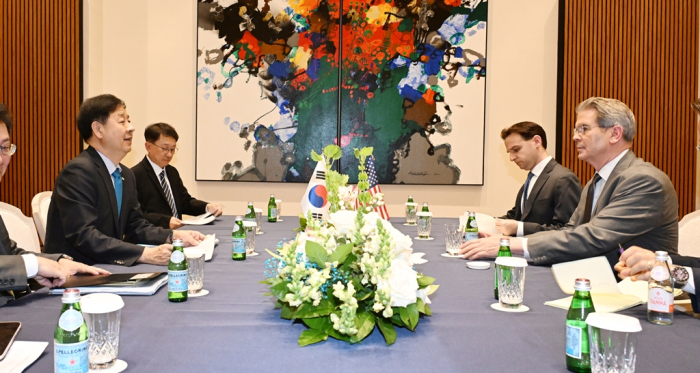
Several trade deals remain in flux, with most of the bilateral agreements still not committed in writing.
In Seoul, analysts said political pressure has mounted against further concessions after US immigration authorities detained more than 300 Korean nationals in Georgia, citing improper visa holdings, earlier this month, souring public sentiment toward Washington.
White House officials said the US is only “fine-tuning” the deal with Seoul and has not departed dramatically from the July framework, according to the WSJ.
By In-Soo Nam
isnam@hankyung.com
Jennifer Nicholson-Breen edited this article.

